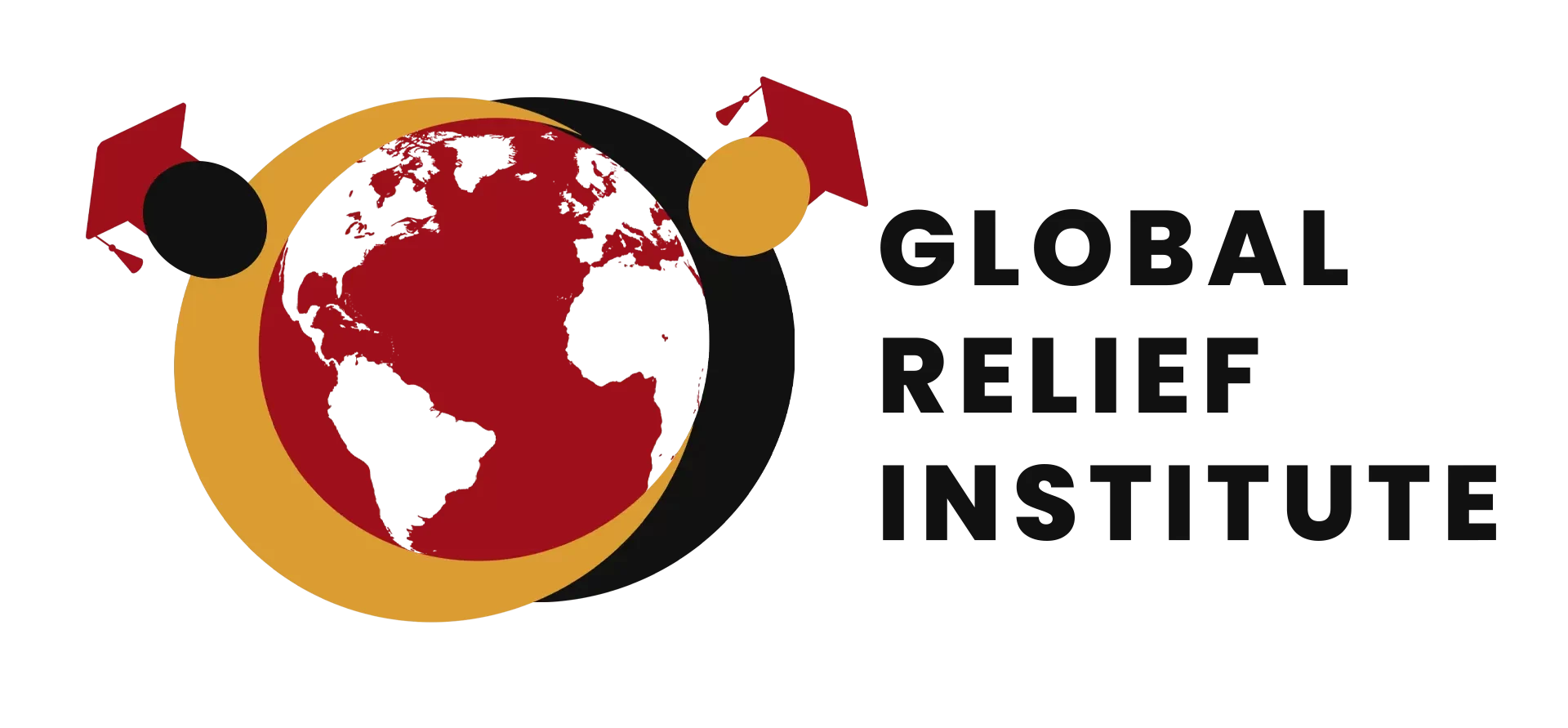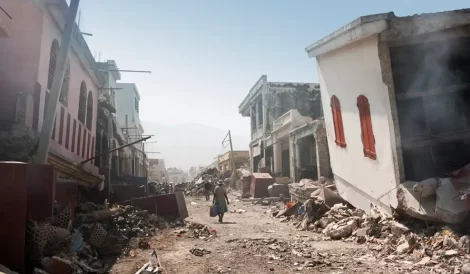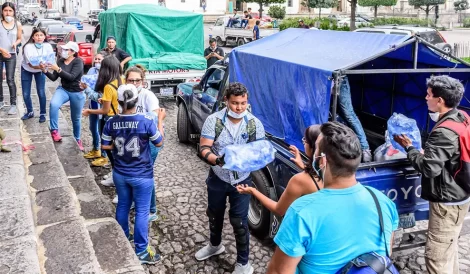POST GRADUATE DIPLOMA IN HUMANITARIAN DIPLOMACY
Course Overview
The Post Graduate Diploma in Humanitarian Diplomacy, offered by the Global Relief Institute (GRI), is designed for professionals aiming to enhance their skills in navigating the complex landscape of humanitarian diplomacy. This program focuses on the intersection of diplomacy, humanitarian action, and international relations, preparing participants to effectively advocate for and manage humanitarian interventions in crisis situations.
Humanitarian diplomacy is critical in coordinating and negotiating relief efforts, ensuring that aid is delivered efficiently and ethically. This diploma provides a comprehensive understanding of the principles, strategies, and practices involved in humanitarian diplomacy, equipping participants to engage with various stakeholders, including governments, international organizations, and non-governmental organizations (NGOs).
Course Objectives
By the end of the course, participants will be able to:
- Understand the key principles and practices of humanitarian diplomacy.
- Develop and implement effective strategies for humanitarian advocacy and negotiation.
- Navigate the political, legal, and ethical challenges of humanitarian interventions.
- Build and maintain relationships with key stakeholders in the humanitarian sector.
- Analyze and address the impact of global policies on humanitarian action.
Course Content
- Introduction to Humanitarian Diplomacy
-
- Definition and scope of humanitarian diplomacy
- Historical evolution and key concepts
- The role of diplomacy in humanitarian action
- Principles and Frameworks of Humanitarian Diplomacy
-
- Humanitarian principles and international humanitarian law
- The humanitarian-development-peace nexus
- Key international frameworks and agreements
- Strategic Advocacy and Negotiation
-
- Developing advocacy strategies for humanitarian causes
- Negotiation techniques and conflict resolution
- Engaging with governments, international organizations, and NGOs
- Political and Legal Challenges in Humanitarian Contexts
-
- Understanding political dynamics and legal frameworks
- Addressing issues of sovereignty, access, and protection
- Managing diplomacy in complex emergencies
- Ethics and Accountability in Humanitarian Diplomacy
-
- Ethical considerations in humanitarian action
- Ensuring accountability and transparency
- Building trust with affected populations and stakeholders
- Stakeholder Engagement and Relationship Management
-
- Identifying and mapping key stakeholders
- Building and maintaining effective relationships
- Managing partnerships and coalitions
- Impact of Global Policies on Humanitarian Action
-
- Analyzing the impact of international policies and trends
- Adapting strategies to changing global contexts
- Case studies of successful humanitarian diplomacy
- Crisis Management and Response Coordination
-
- Coordinating humanitarian responses during crises
- Managing resources and logistics in emergency settings
- Developing contingency plans and risk management strategies
- Research Paper
-
- Selecting and proposing a research topic related to humanitarian diplomacy
- Writing, revising, and finalizing a research paper with feedback from the moderator
- Final Examination
Minimum Entry Requirements
- Bachelor’s Degree from a recognized university
- Equivalent qualification from a recognized institution
Duration and Structure
- Course Duration: 12 months (2 semesters)
- Assignments: Participants will be required to submit assignments throughout the course, contributing to the overall grade.
- Format: Online learning
- Languages: English and French
Course Fee
- €1500
Contact Details
For more information and to apply, please contact:
Global Relief Institute (GRI)
Email: info@globalreliefinstitute.org
Website: www.globalreliefinstitute.org



